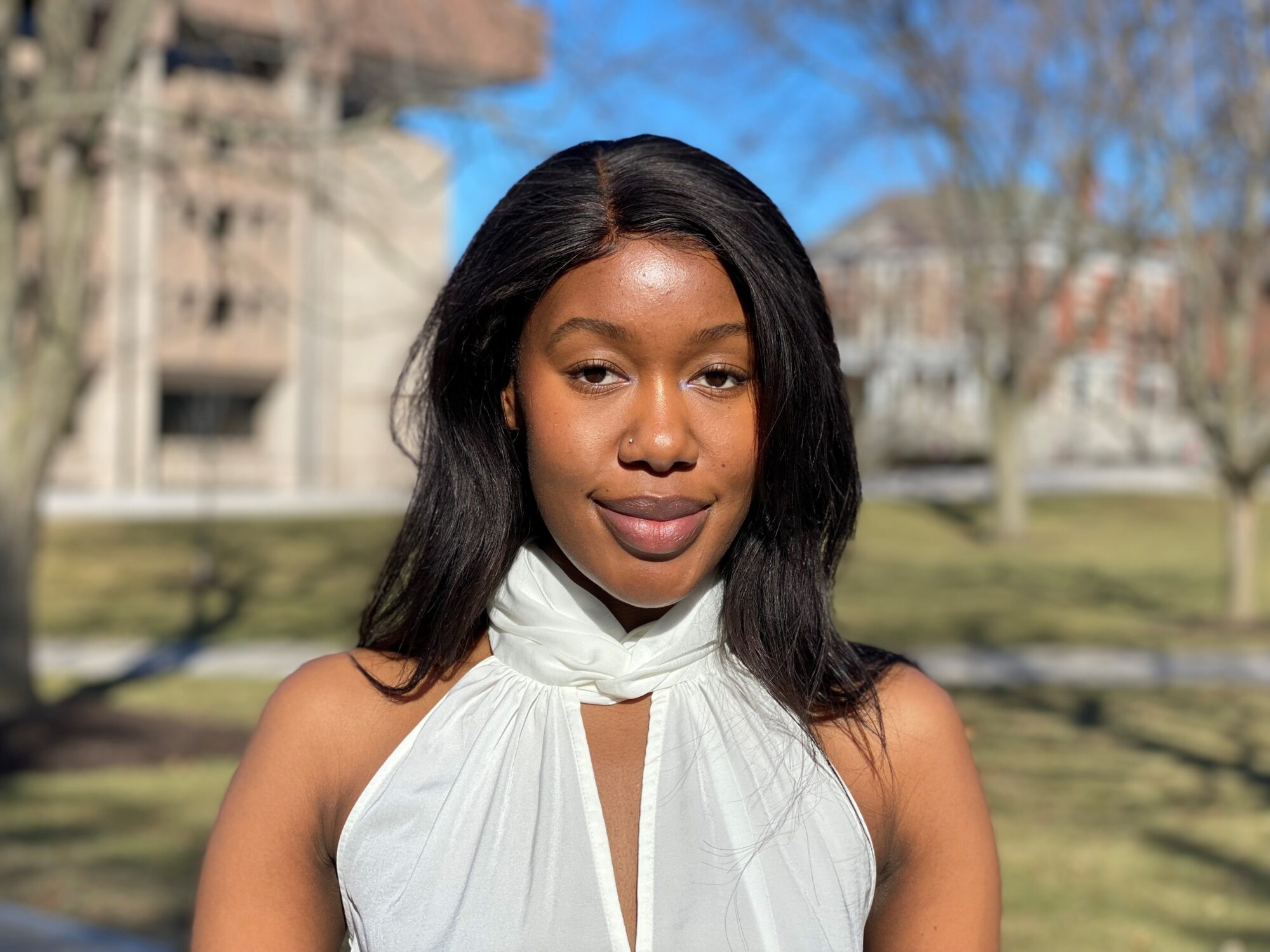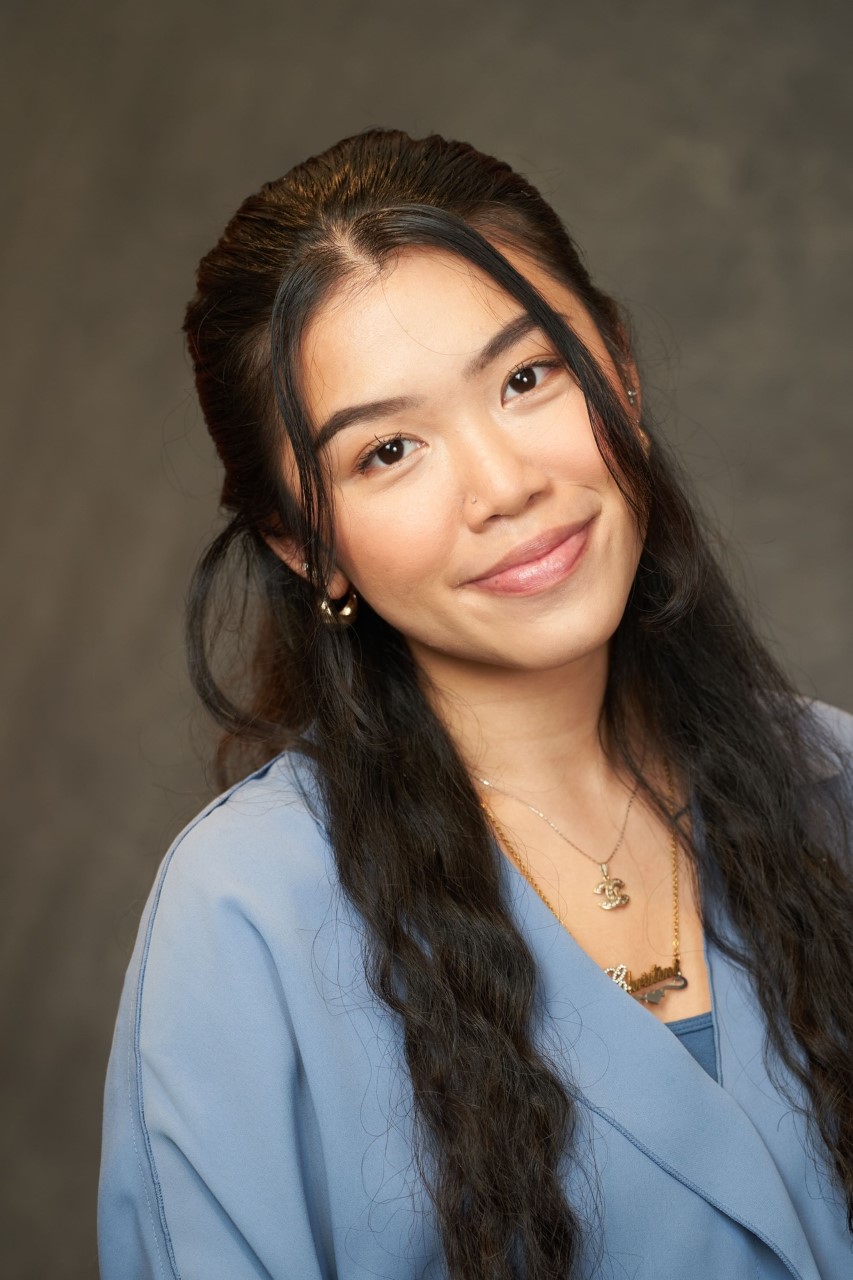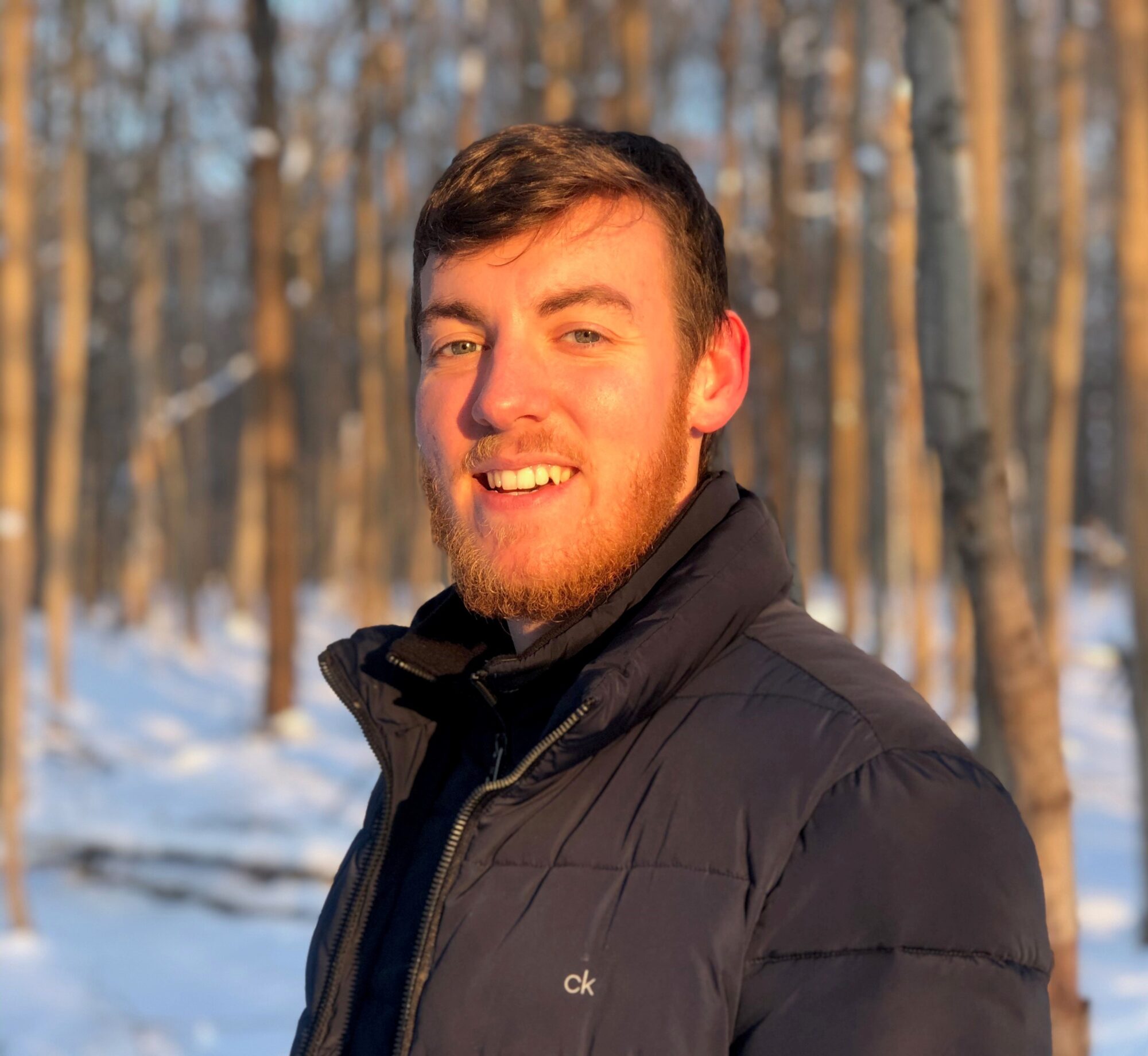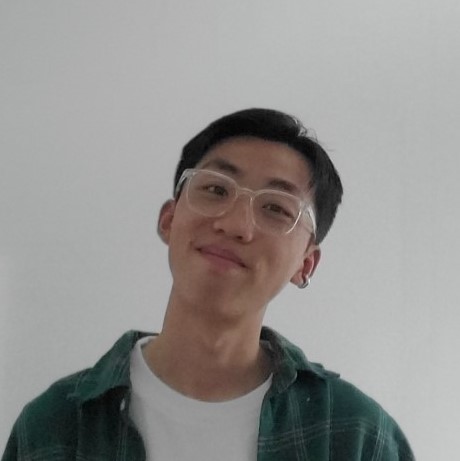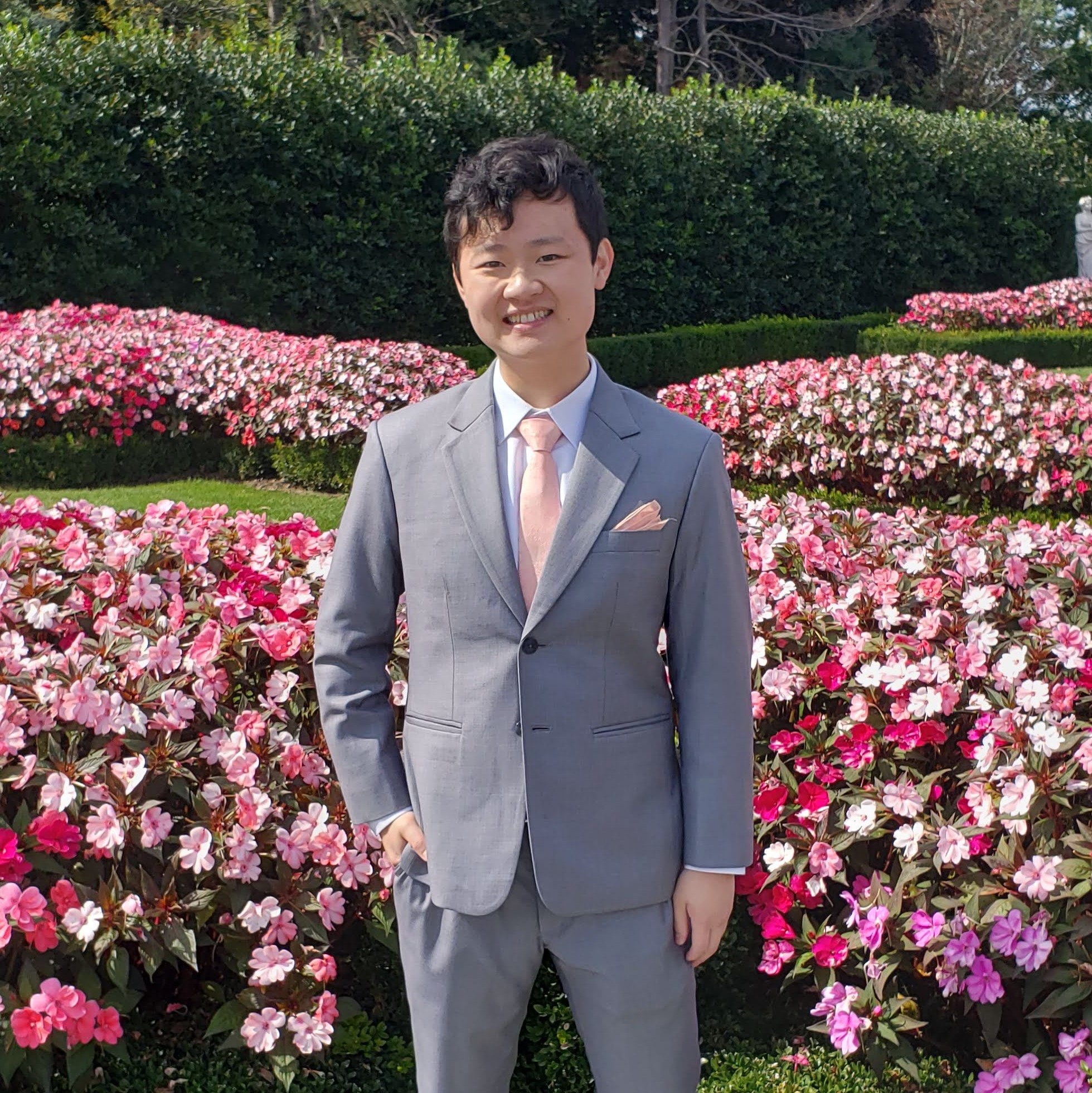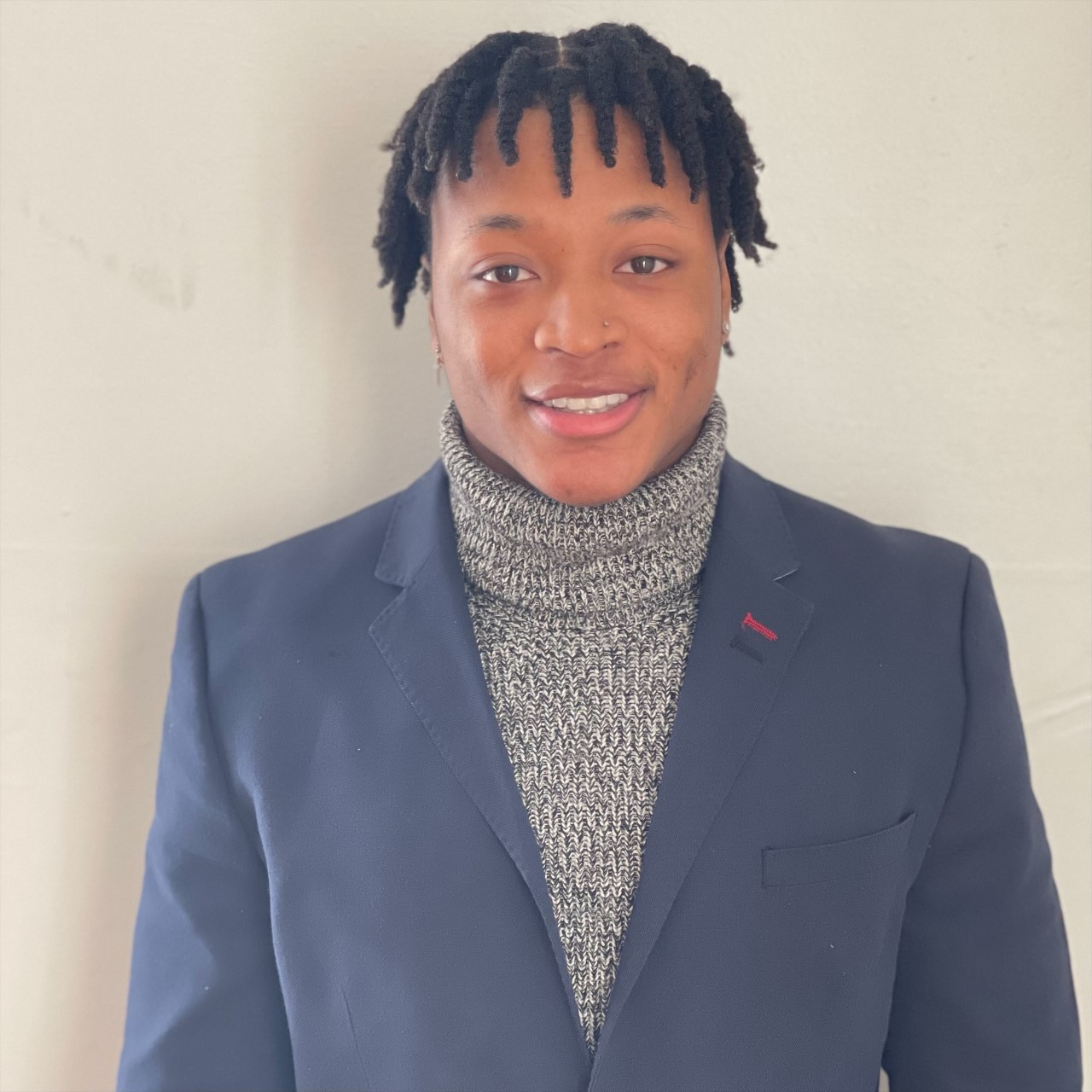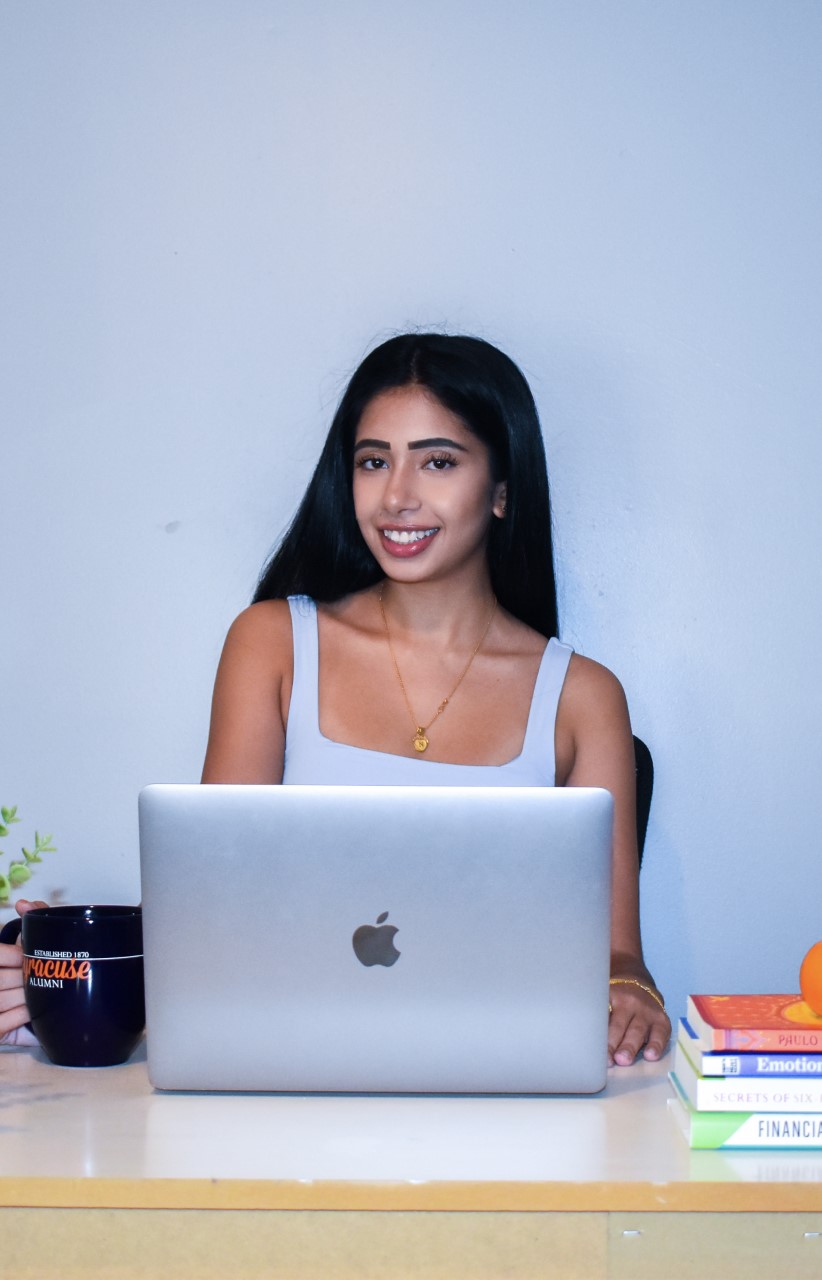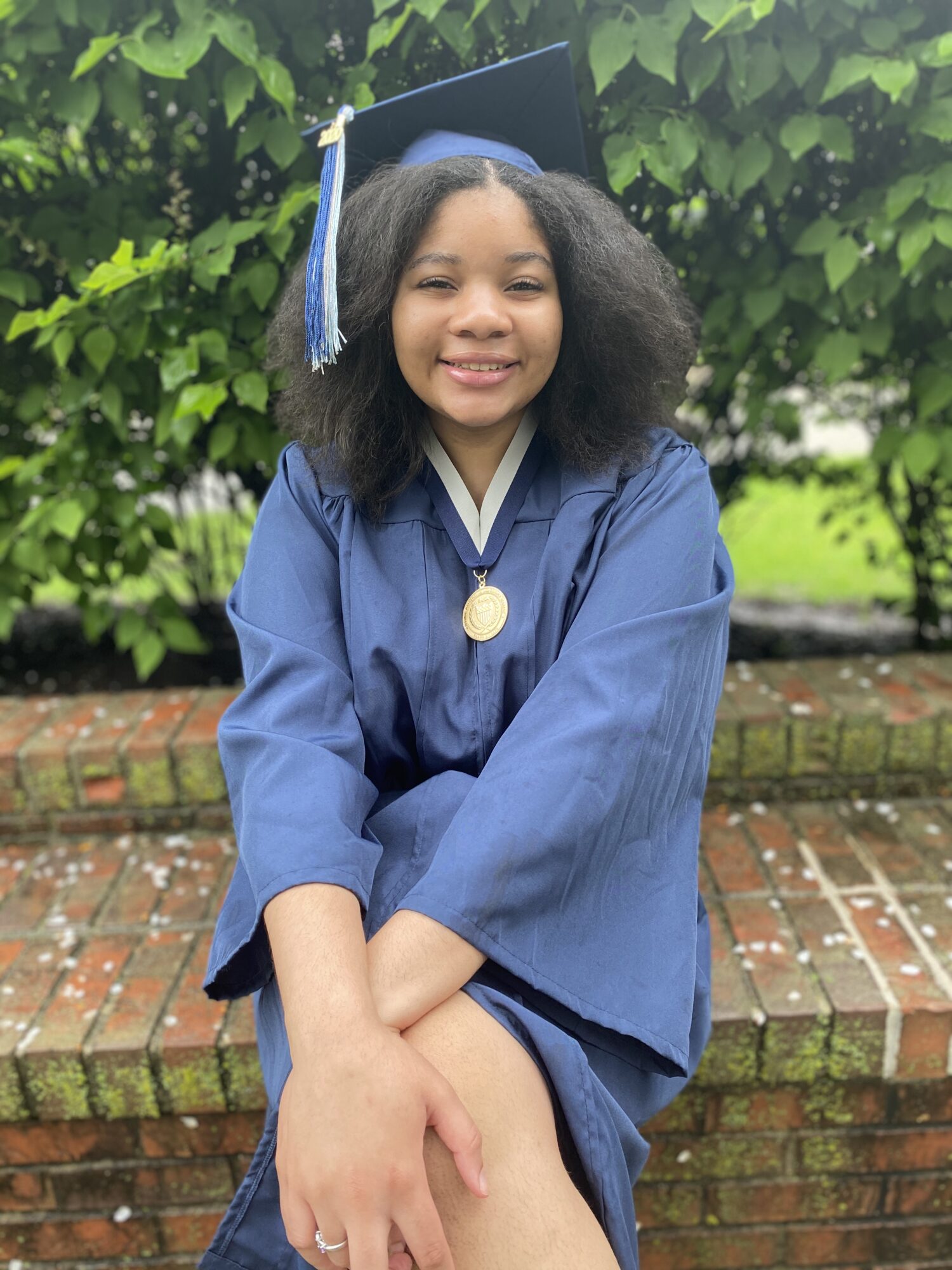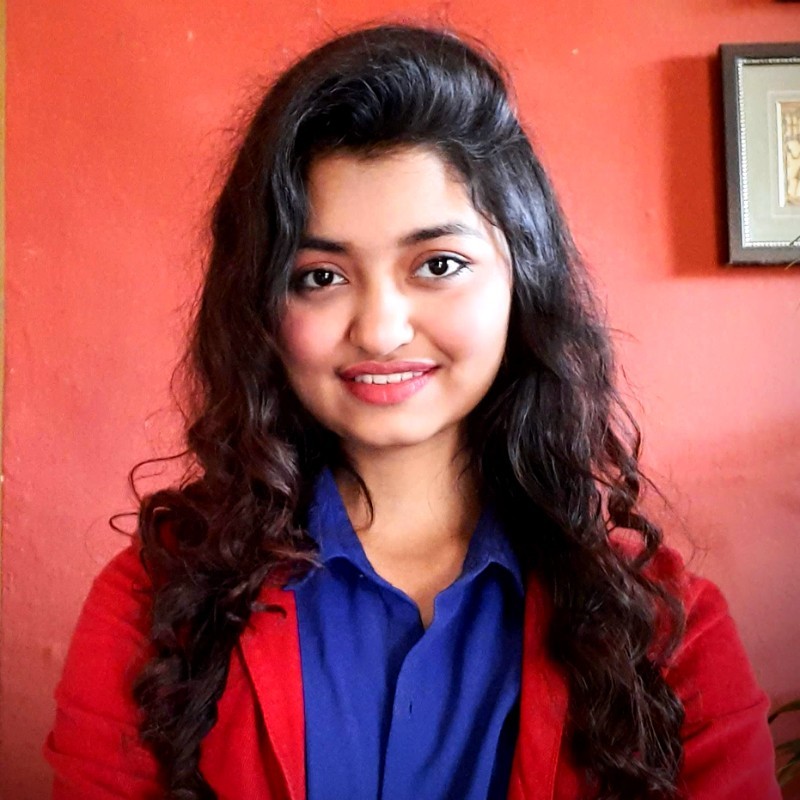
To be a freshman at a university is intimidating – especially on a big campus like Syracuse University. Whether you’re a freshman or a senior, all of us can recall the feelings of being excited, overwhelmed, nervous and maybe even scared at times.
Adya Parida ’25 feels all these emotions. However, she doesn’t let these feelings stop her from creating a great experience for herself at Syracuse with curiosity, courage, and enthusiastic attitude.
Parida applied to Syracuse University through a scholarship program from her high school back in India. The Next Genius Scholarship program was partnered with Syracuse University for Indian students who wanted to study abroad. After a series of interviews, Parida came to Syracuse University with a full tuition scholarship to study Computer Science at the College of Engineering and Computer Science.
Parida has an elder brother who is a computer engineer. One day, Parida’s brother showed her a video game that he was making – instantly Parida was awe. Who wouldn’t be? Watching her brother apply the knowledge he got from school in a computer program to create his own projects fascinated Parida. The computer science bug was infectious. Since Parida’s brother got her interested in coding and programming, she started learning about it on her own and has been working on her own projects. Of course, all this is extremely challenging but is also extremely fun for Parida.
Recently, Parida participated in Cuse Hacks – a coding competition and hackathon, that was organized by Innovate Orange. She and her team created their own Syracuse Safe Zone Project and competed against other teams. The competitors include coders of all expertise – from freshmen to graduate students. The competition was a valuable experience for her. Within a day of the competition, Parida learnt how to use API to integrate into webpages and how to use different python library packages.
Parida has heard about the Blackstone LaunchPad at the Syracuse University Libraries, in the Bird Library, through the newsletters. When she saw the Blackstone LaunchPad space in person, she wasn’t quite sure if she could just go in. There were meetings going on in there and it felt exclusive. Regardless of feeling nervous, her curiosity prompted her to just ask! Parida was connected to the Blackstone LaunchPad, simply by walking through the doors of the LaunchPad and asking about the space! This admirable attitude is something a lot of people wished they had.
Although Parida loves computer science, she is also interested in business. She is excited to get involved, learn, hangout in the space to hear the exciting things people are working on as well as bounce off her own ideas.
Parida is loving Syracuse University – her courses, her friends, the activities on campus and more. She also loves that she gets to live on the same floor of the dorm with her classmates as a part of the living learning community.
“Syracuse has totally exceeded my expectations!” says Parida.
Story by LaunchPad Global Fellow Natalie Lui ‘22; photo supplied
